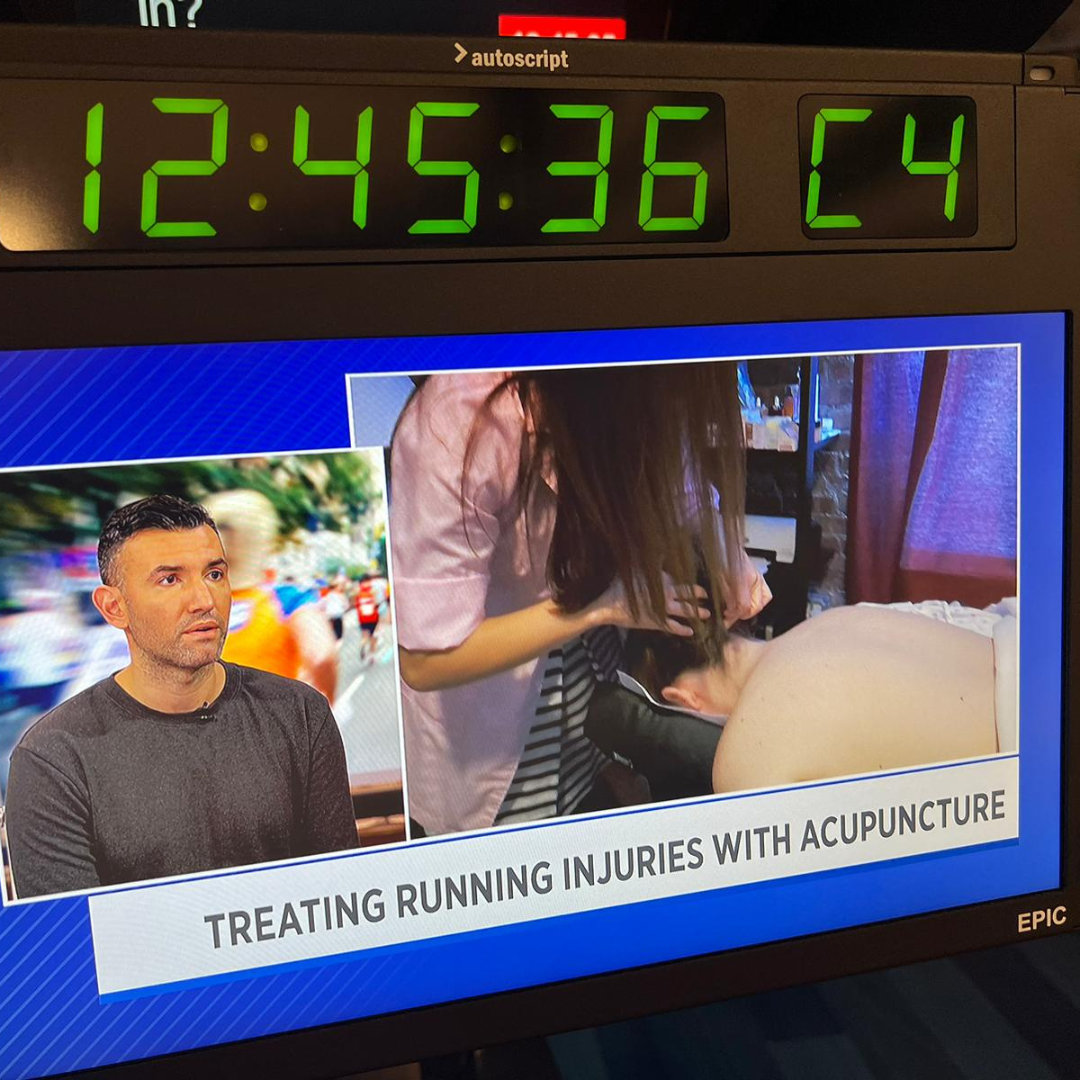Sports Nutrition for Marathon Runners
Written by: Lauren Antonucci RDN, CSSD-Sports Nutrition
Sports Health & Nutrition for Runners
Nutritional Needs Pre Long Run/Marathon:
What should I eat on marathon day?
Drink 12-16oz of water or sports drink to pre-hydrate
Always take in some carbohydrates
Fuels your workout
Helps body burn fat
Spares muscle protein
Include some protein (an egg, 1-2 Tbs peanut butter) before long workouts/races
Great pre-exercise foods include: Cereal, Pancakes, Applesauce, Bagels with Peanut Butter, Noodles, Fig bars, Oatmeal, English Muffins, Energy bars, Bananas, Sports Drinks
NYC Marathon Morning
The TCS NYC Marathon start times are LATE, thus you’ll want to eat at least 2x + final pre-race fuel!
First breakfast should be ~ 3-4 hours pre race start
High carb with a little protein or fat
Ex: Bagel with peanut butter or egg
Cereal with milk of choice + banana
Second breakfast should be ~ 1-1.5 hrs pre-start
Easily digested carbohydrates
Ex: Energy bar, graham crackers, bread w/jam
Final Pre-race fuel should be
Easily digested carbohydrate
Taken 5-10 min pre start
8 oz Sports Drink or an energy gel will work great here
NUTRITION & HYDRATION NEEDS DURING EXERCISE:
How do I fuel long workouts and races?
How do I get in sodium while training?
Why am I cramping during a run?
Athletes cannot (and should not) attempt to completely replace losses during exercise. Your goal is to take in enough calories (from mostly carbohydrates) to keep you moving forward and feeling as good as possible, but not to overeat and cause more harm than good (GI distress, bloated stomach and dead legs).
Hydrate!!! Average athlete sweats at a rate of 32oz/hr. Aim to drink at least 24 oz of fluid per hour of activity (see and complete “sweat test sheet” for more accurate assessment tool).
Choose sports drinks with 200-300mg sodium/8oz to help prevent muscle cramping and help you stay better hydrated
Add salt (electrolyte) tablets for: salty sweaters, > 2 hr workout/race, high temp/humidity
Include carbohydrates during any workout > 1 hr
May include sports drinks, gels, energy bars, fig bars.
Aim to start with 30 – 60 grams of CHO/hr during activity. If you find yourself HUNGRY while training, you are likely behind in your carbohydrate intake.
Adjust goal intake based on: GI tolerance, environmental conditions, performance
What does 30-60 grams of carbohydrate look like?
1 Banana = 30 grams
2 Fig Bars =21 grams
8 oz Gatorade = 15 grams
1 Gu packet = 20-25 grams
1 Energy Bar = 45 grams
How do I optimize my recovery after a long run?
POST EXERCISE NEEDS:
YOU DID IT – Time to recover!
Drink adequate fluids to replace what you lost (20-24 fluid oz/pound lost to sweat during run)
Consume carbohydrates within the first 30-60 minute “recovery window” to maximize recovery
Include at least 20g of protein (30-40 grams for our 30-40+ year old runners) for maximum muscle recovery and strength gains
Include salt/salty foods to replace what you lost to sweat (V8 juice, pickles, soup, etc…)
Eat another meal or snack 2 hours later to fully optimize your recovery!
Relax, put your feet up and relish in your great training efforts and optimal recovery from great nutrition start to finish.
Anti-inflammatory foods (fish oil, nuts, olive oil, green leafy vegetables, berries) help decrease inflammation and speed recovery
Fuel Well, Run Strong and HAVE FUN!!!
- Lauren ☺ ☺
About the author:
Lauren is the Owner/Director of Nutrition Energy, a nutrition counseling practice based in NYC and is currently seeing clients both in person in her NYC office and virtually from across the city, country and globe. Lauren has been a Board Certified Sports Dietitian for over 15 years as well as a Certified Diabetes Educator, and is a mom of three, 13-time marathon runner and 3-time Ironman triathlete. She is also the author of the newly released book, High-Performance Nutrition for Masters athletes, which is currently available online through Amazon and Human Kinetics. For more information visit the Nutrition Energy website or check out their Instagram @NutritionEnergy.



